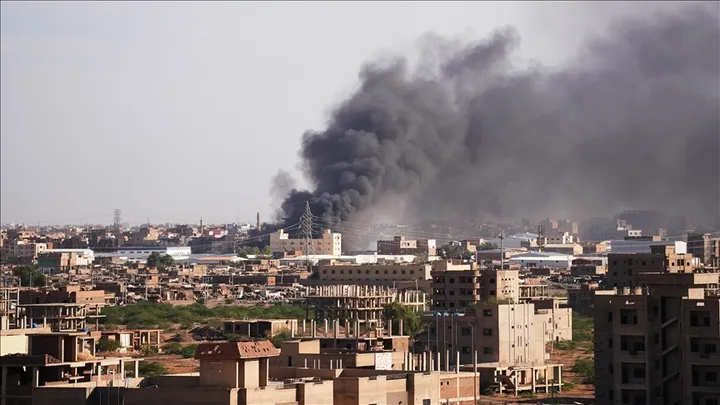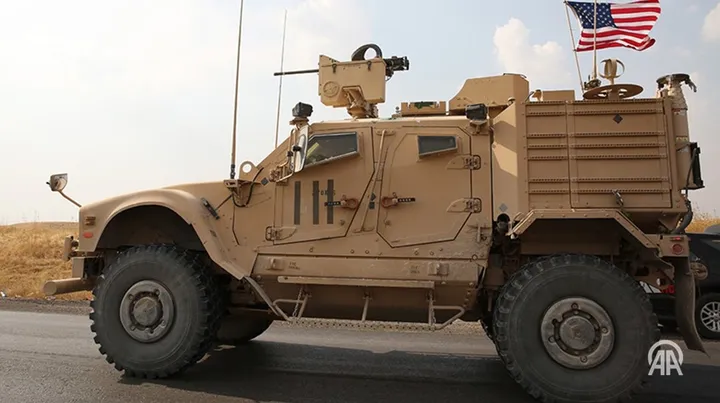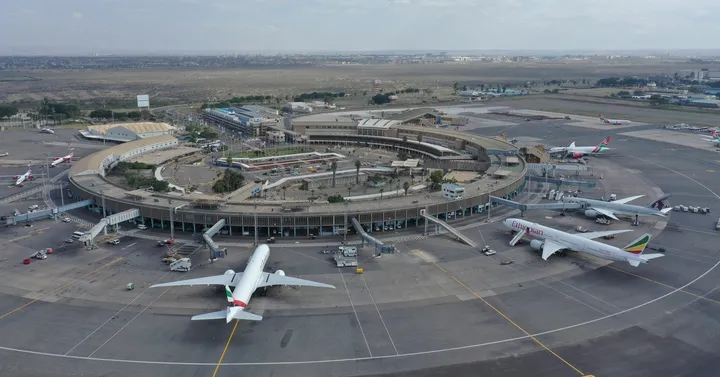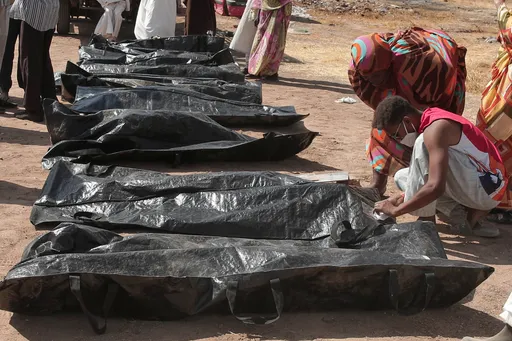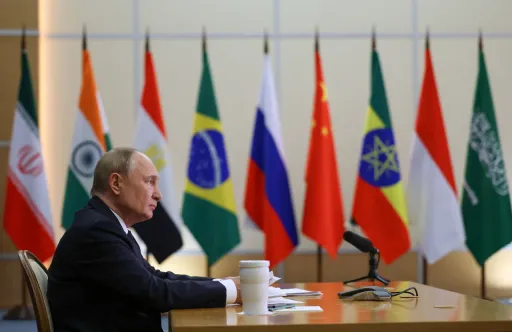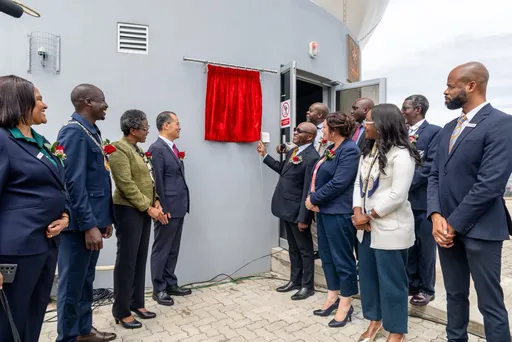The head of Africa's health agency has said the situation in the DRC city of Goma was a "full-scale public health emergency", warning that the fighting there could fuel major pandemics.
M23 armed group, allegedly backed by Rwanda, has been advancing across the Democratic Republic of Congo's volatile east, which has been the scene of numerous infectious disease outbreaks.
Earlier this week, M23 seized control of most of North Kivu's capital Goma, a densely populated city of three million people, one million of whom are displaced.
Jean Kaseya, head of the African Centres for Disease Control and Prevention (Africa CDC), said it was these "extreme conditions, combined with insecurity and mass displacement have fuelled the mutation of the mpox virus".
Mpox epicentre
The clade 1b variant of mpox, which has been recorded in many countries across the world in recent months, first emerged in the neighbouring South Kivu province in 2023.
"Goma has become the epicentre, spreading mpox across 21 African countries," he said in a letter sent on Friday to African leaders.
"This is not only a security issue – it is a full-scale public health emergency," Kaseya said.
"This war must end. If decisive action is not taken, it will not be bullets alone that claim lives – it will be the unchecked spread of major outbreaks and potential pandemics that will come from this fragile region… devastating economies and societies across our continent," he said.
Other outbreaks
The conditions had also led to "widespread measles, cholera and other outbreaks, claiming thousands more lives".
The conflict in the eastern DRC is a dramatic escalation in a region that has seen decades of conflict involving multiple armed groups, which over the past three decades have claimed an estimated six million lives.
International observers have sounded the alarm on the humanitarian impact of the escalating conflict.

